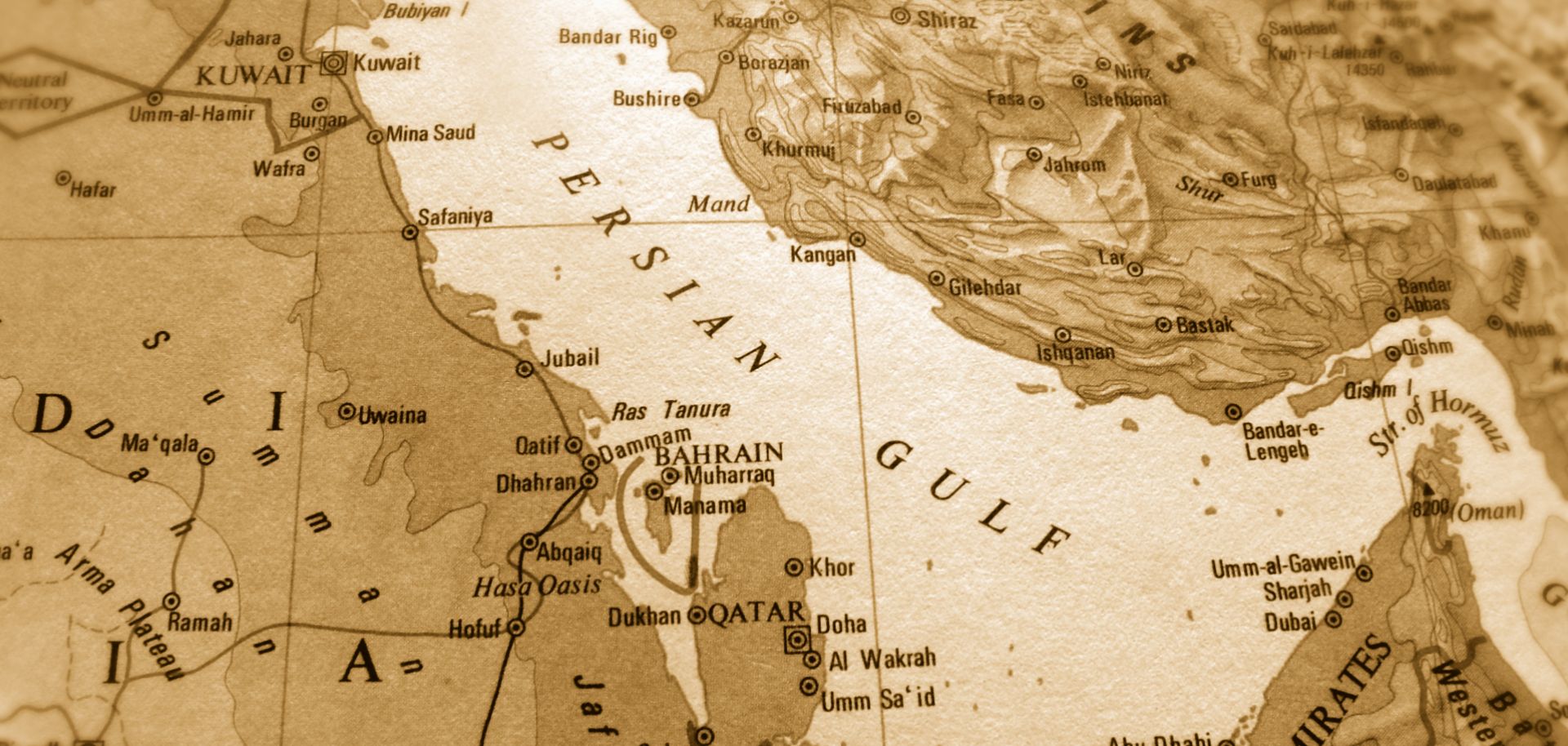ASSESSMENTS
Gulf Arab States Brace for a New Normal of U.S.-Iran Confrontation

Jan 16, 2020 | 10:00 GMT

Should hostile U.S.-Iran relations keep the prospect of a regional war alive, Arab states along the Persian Gulf will be among the first to suffer the economic consequences, as well as potential physical attacks.
(Shutterstock)
Highlights
- The states of the Gulf Cooperation Council (GCC) are vulnerable to economic collateral damage in the event of further escalation between the United States and Iran, which is driving their own efforts to de-escalate across the Persian Gulf.
- The perception of brewing regional conflict risks deterring foreign investment, tourism and expatriate labor that GCC states need to diversify their oil-based economies.
- The risk of direct physical attacks, however, will be tempered by Iran's desire to also strengthen ties with nearby Gulf states as part of its greater push to distance the region from the United States.
Subscribe Now
SubscribeAlready have an account?
